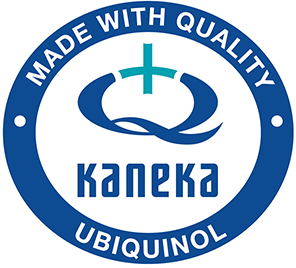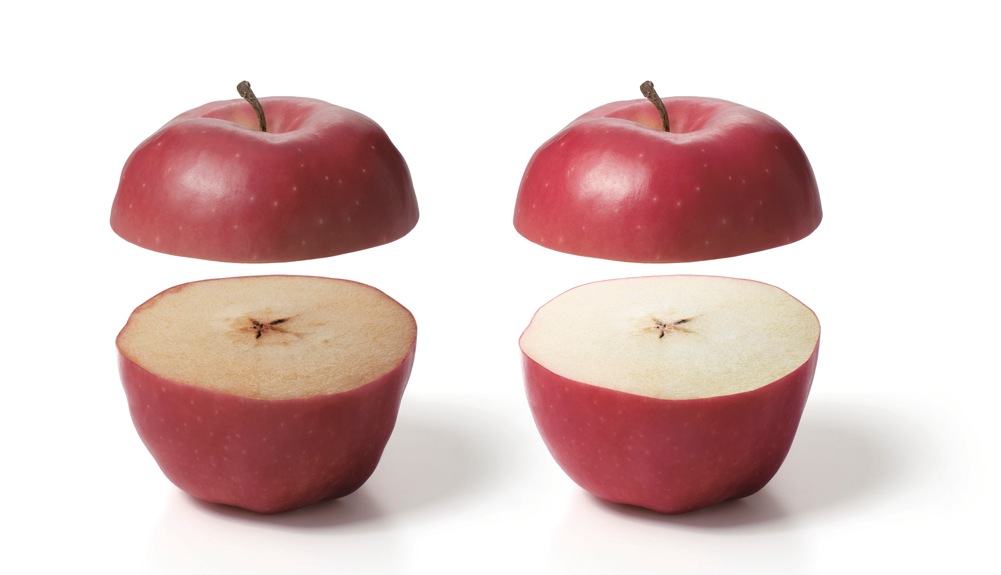
Ubiquinol is the active and non-oxidized form of CoQ10 (Coenzyme Q10) readily usable by your body.
What is the difference between Ubiquinol and regular CoQ10?
Ubiquinol is the most readily absorbed form of CoQ10 and is one of the most powerful fat-soluble antioxidants in the body. Ubiquinol is also the major form of CoQ10 in the body (over 95%).
CoQ10 is a required nutrient found in every cell of your body and is vital for providing energy to your cells, helping your organs perform at their best and protecting your cells and blood from oxidation.

Ubiquinol and Ubiquinone are both forms of CoQ10, and both are necessary to produce cellular energy.
Ubiquinone – the oxidized form
Ubiquinone is the oxidized form of CoQ10 and has been taken as a supplement and studied for more than 30 years. Over the past three decades, CoQ10 has been recognized for its benefits to general health and wellness as well cardiovascular and neurological health.
Ubiquinol – the active form
To generate cellular energy, the body must convert ubiquinone into ubiquinol.
Without this conversion, the body’s energy production process cannot be completed and energy levels cannot be sustained. Thus, both are critical to sustaining your body’s natural energy. The reduced form of Ubiquinol has only became available in supplement form in recent years and is now available internationally.
Disclaimer
This website is accessible from many geographical locations, and the information that it provides regarding Ubiquinol™ is not applicable to nor intended to satisfy the requirements of all countries. Kaneka Pharma Europe supplies Ubiquinol™ as a raw material to companies that produce a variety of Ubiquinol™-containing products. Kaneka Pharma Europe does not make any claims regarding the use of these finished products and each manufacturer is responsible for ensuring that the claims made for and use of its products comply with the regulatory requirement of the locations in which it markets its products.